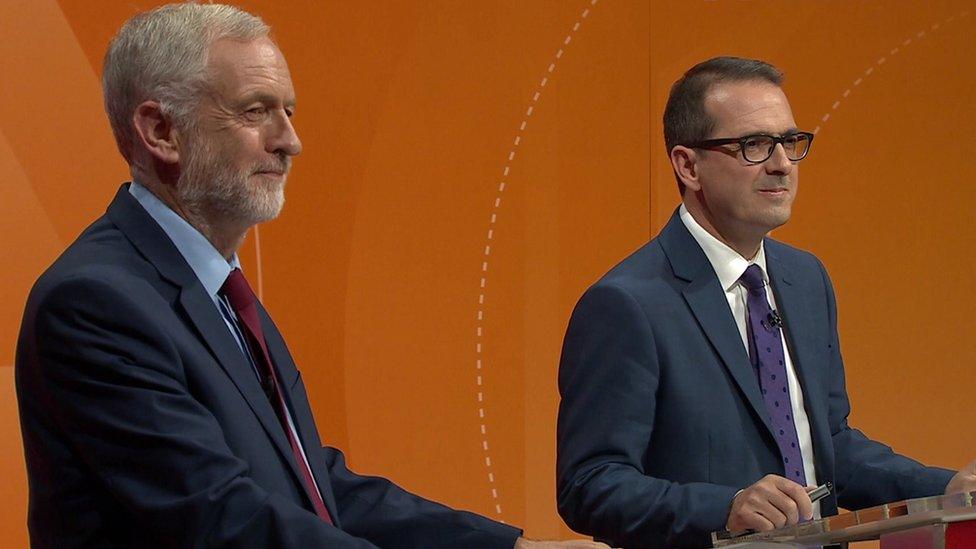Corbyn in 'reach out' pledge to Labour MPs
- Published

Mr Corbyn says support at his rallies would become a strong campaigning base for the party
Jeremy Corbyn has said he will "reach out" to Labour MPs if he is re-elected as the party's leader this week.
Speaking to BBC Radio 4's Today programme, he said he would build on the support he received at rallies to reconnect the party to voters.
He rejected criticism from those who say he is mistaking the enthusiasm of his backers for wider electoral appeal.
Ex-leader Neil Kinnock said Labour appeared unelectable under Mr Corbyn and faced its "greatest crisis".
In an edition of Panorama to be broadcast later on Monday, the former Labour leader said that unless things changed rapidly he doubted whether he would see another Labour government in his lifetime.
Jeremy Corbyn tells Nick Robinson he will reach out to Labour MPs
But the leader of the Unite union, Len McCluskey, told the same programme some of the party's MPs had behaved "absolutely disgracefully" and "should be held to account".
And amid continuing controversy over the role of the Corbyn-supporting pressure group Momentum, Channel 4's Dispatches will later broadcast an undercover investigation into the organisation's activities and links to Mr Corbyn's re-election campaign.
Labour will announce whether Mr Corbyn or Owen Smith have won the leadership contest on 24 September.
'Campaign base'
Ahead of the vote, Mr Smith accused Mr Corbyn of seeking to "deepen divisions" between the party's membership - seen as overwhelmingly in favour of the leader - and its MPs - who are largely opposed to him.
But asked if he would quit as leader if he thought he could not take the party to power, Mr Corbyn told Today he was "determined" to lead it into the next general election and said it could win.
Referring to the "diverse" crowds of tens of thousands of people who have attended his leadership rallies in recent weeks, Mr Corbyn said they showed "there is an interest in politics... that then becomes surely a very strong campaigning base for the Labour movement".
Lord Kinnock: "This is the biggest crisis that the Labour Party has faced"
He added: "I think you'll see it begin to play out, particularly in the local elections next year and after that."
In June, 20 members of the shadow cabinet resigned, and one was sacked, over differences with Mr Corbyn.
Five told the BBC on Sunday they would return if asked by Mr Corbyn should he be re-elected, while nine others said they would stand if shadow cabinet elections were revived.
'My business'
Mr Corbyn told Today - in a pre-recorded interview - he would "reach out to" Labour MPs who have opposed his leadership "as I've reached out to them in the past".
He said: "I have made it my business to talk to quite a lot of Labour MPs and will continue to do so and I hope they will understand that we've been elected as Labour MPs...
"It doesn't mean everybody agrees on everything all the time - that I understand - but the general direction of opposition to austerity, opposing the Tories on grammar schools, those are actually the kind of things that unite the party."
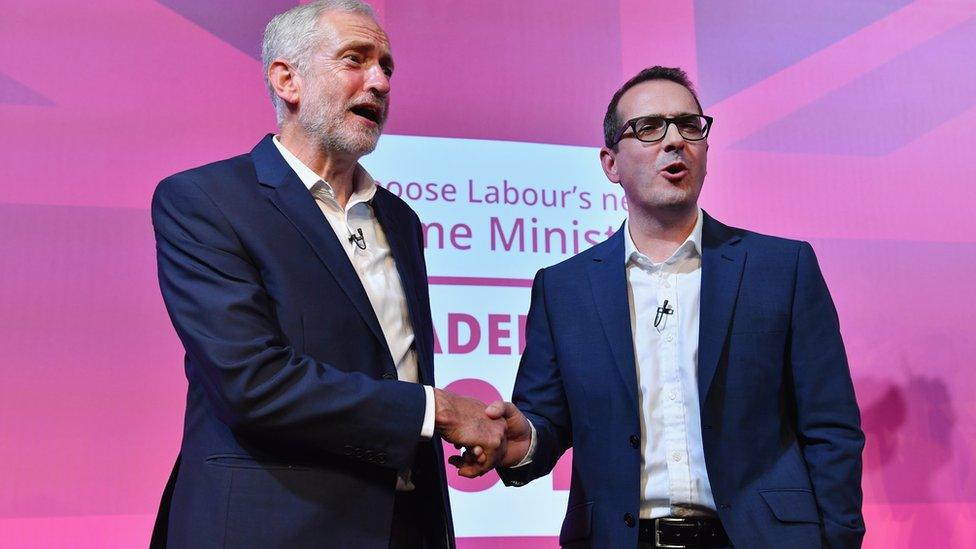
The result of the leadership contest will be announced on Saturday
On Tuesday, Labour's national executive committee meets and will consider a plan put forward by deputy leader Tom Watson to allow the parliamentary party - its MPs and peers currently serving in Westminster - to elect the shadow cabinet, as part of efforts to reunite the party as a whole.
At the moment they are appointed by the leader.
Shadow elections
Newspaper reports suggested that, under the new plan, a third of Labour's top team could be elected by the parliamentary party, another third by the party membership, and the final third chosen by the leader.
Mr Corbyn has not given his support to the proposal but has indicated he would back members having a say.
Previous leader Ed Miliband scrapped elections to the shadow cabinet - which were confined to MPs only - in 2011.
Mr Corbyn told Today the various options should be debated but he supported a "widening of the franchise" should elections be restored.
Labour MP Neil Coyle says Jeremy Corbyn is not interested in party unity
"What speed we do this at, who we consult, how many people are elected to what position, what role the leader has in the appointment of people, these issues are all open for debate but surely that debate is a good thing," he added.
Mr Corbyn has been criticised for not agreeing to be interviewed live on Today in the year since his election.
He told Nick Robinson that the show was important but it was "not the only radio programme on the planet" and he was "reaching out to all forms of communication" - social media as well as TV and radio.
But Labour MP Chris Bryant tweeted after the interview: "A politician moaning about the mainstream media is like a fisherman complaining about the sea."
- Published18 September 2016
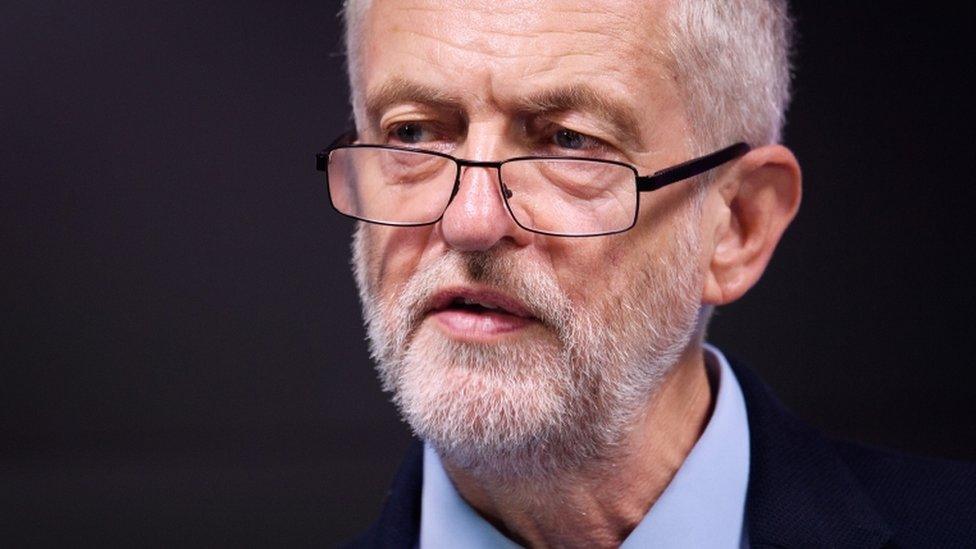
- Published18 September 2016
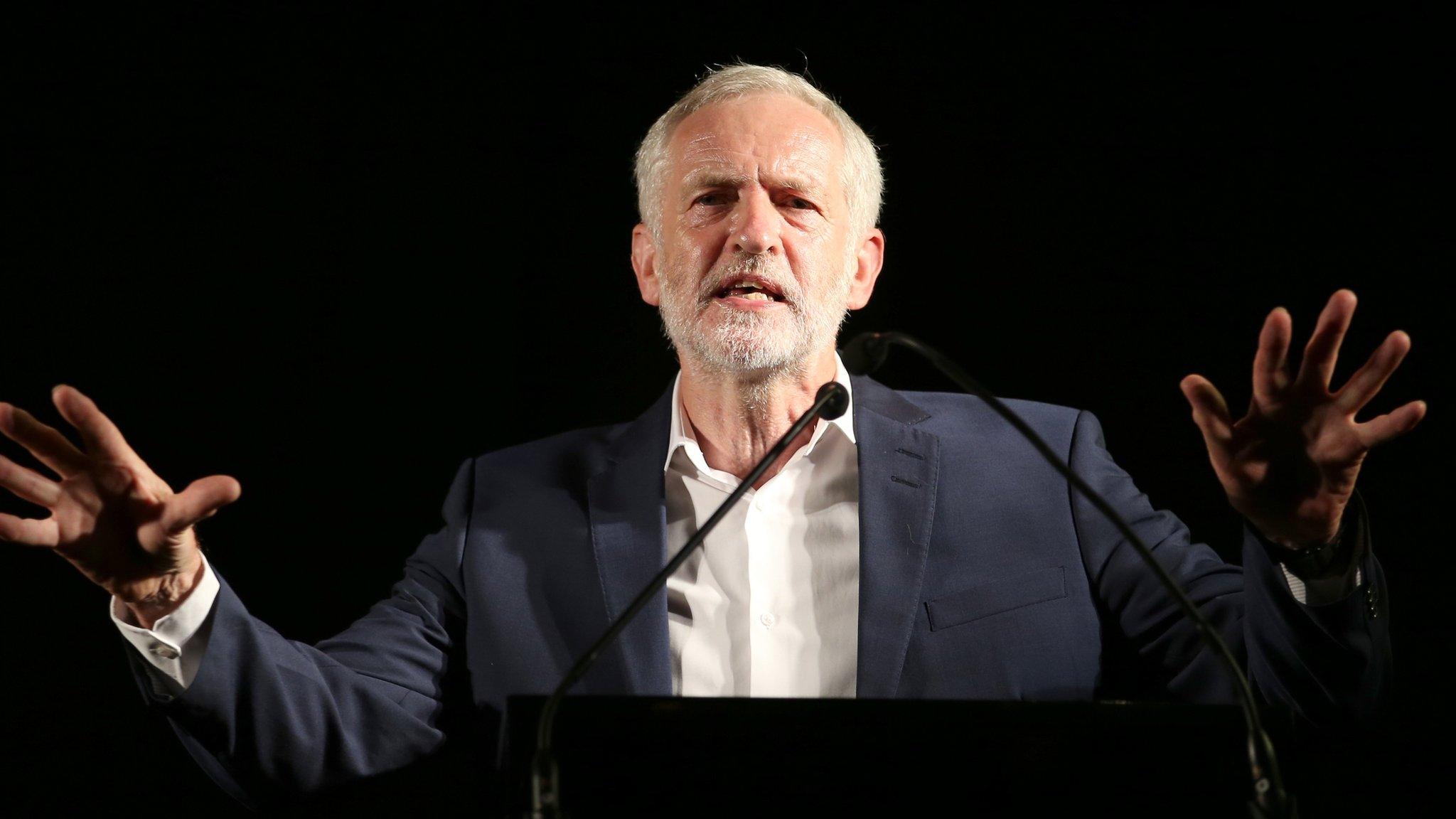
- Published21 September 2016
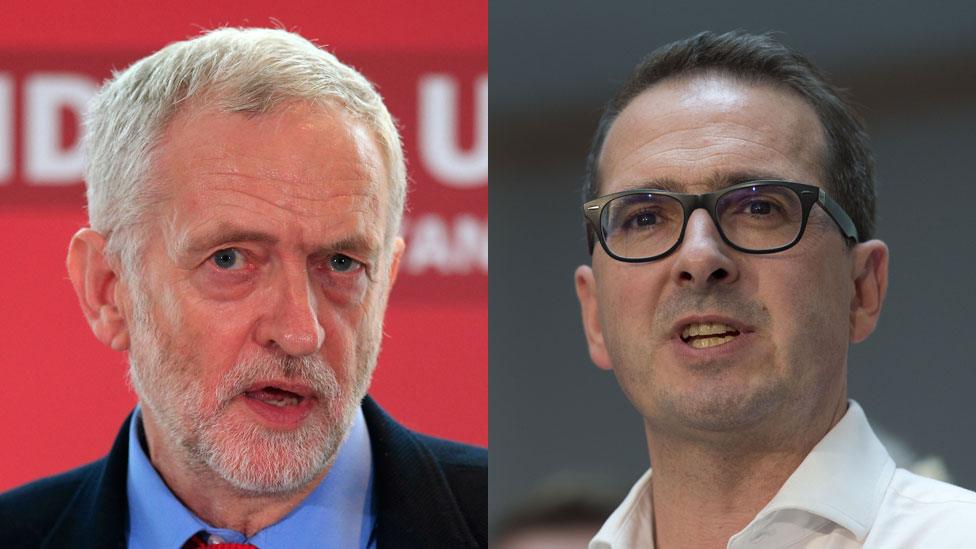
- Published15 September 2016
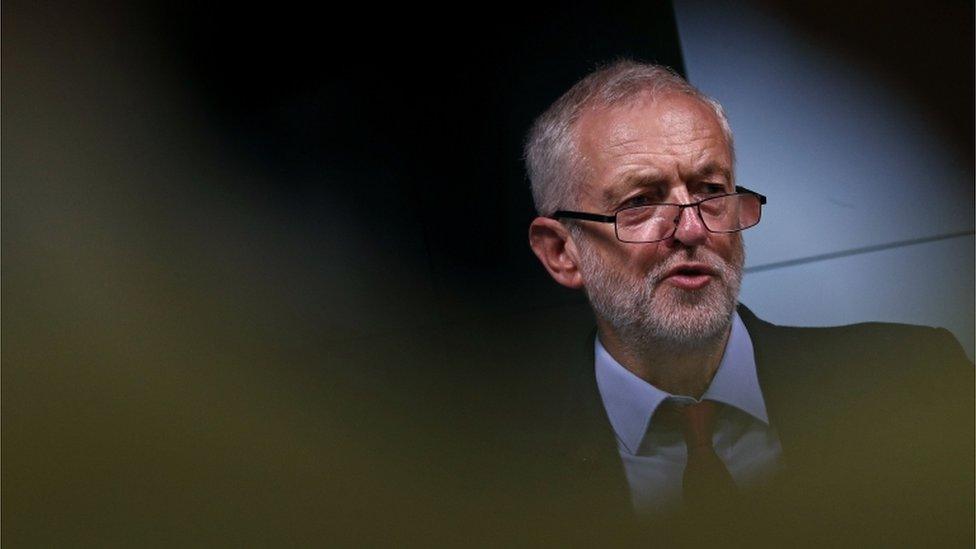
- Published13 September 2016
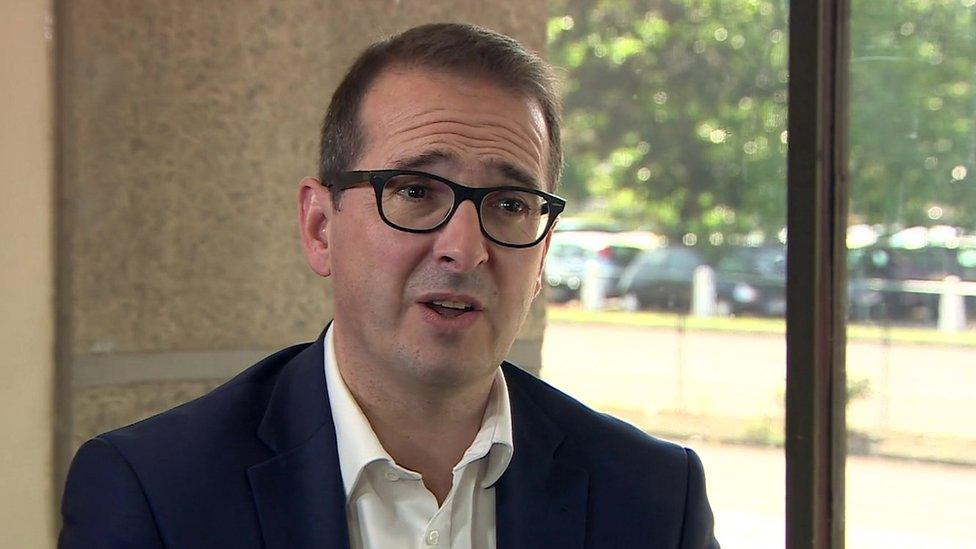
- Published8 September 2016
